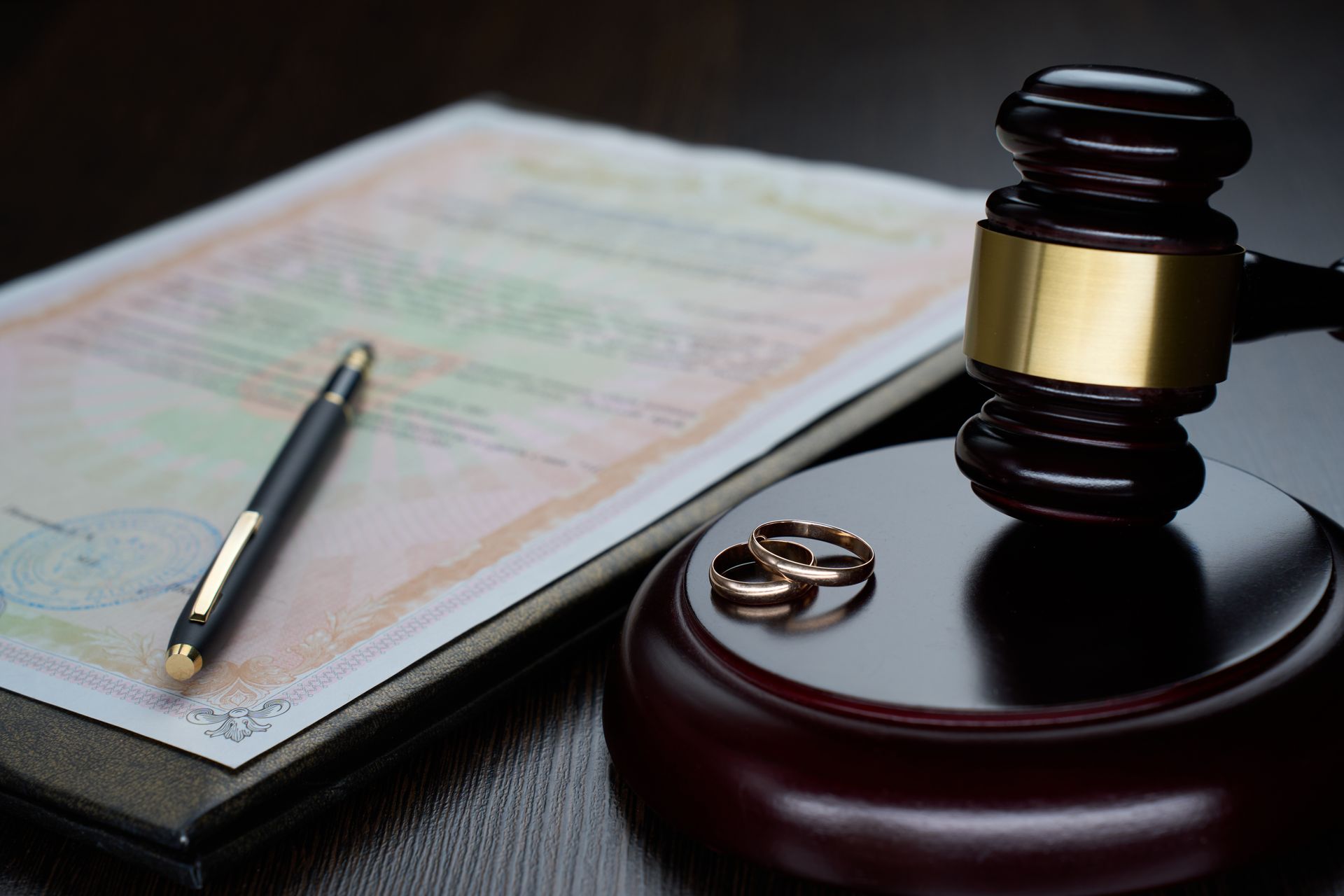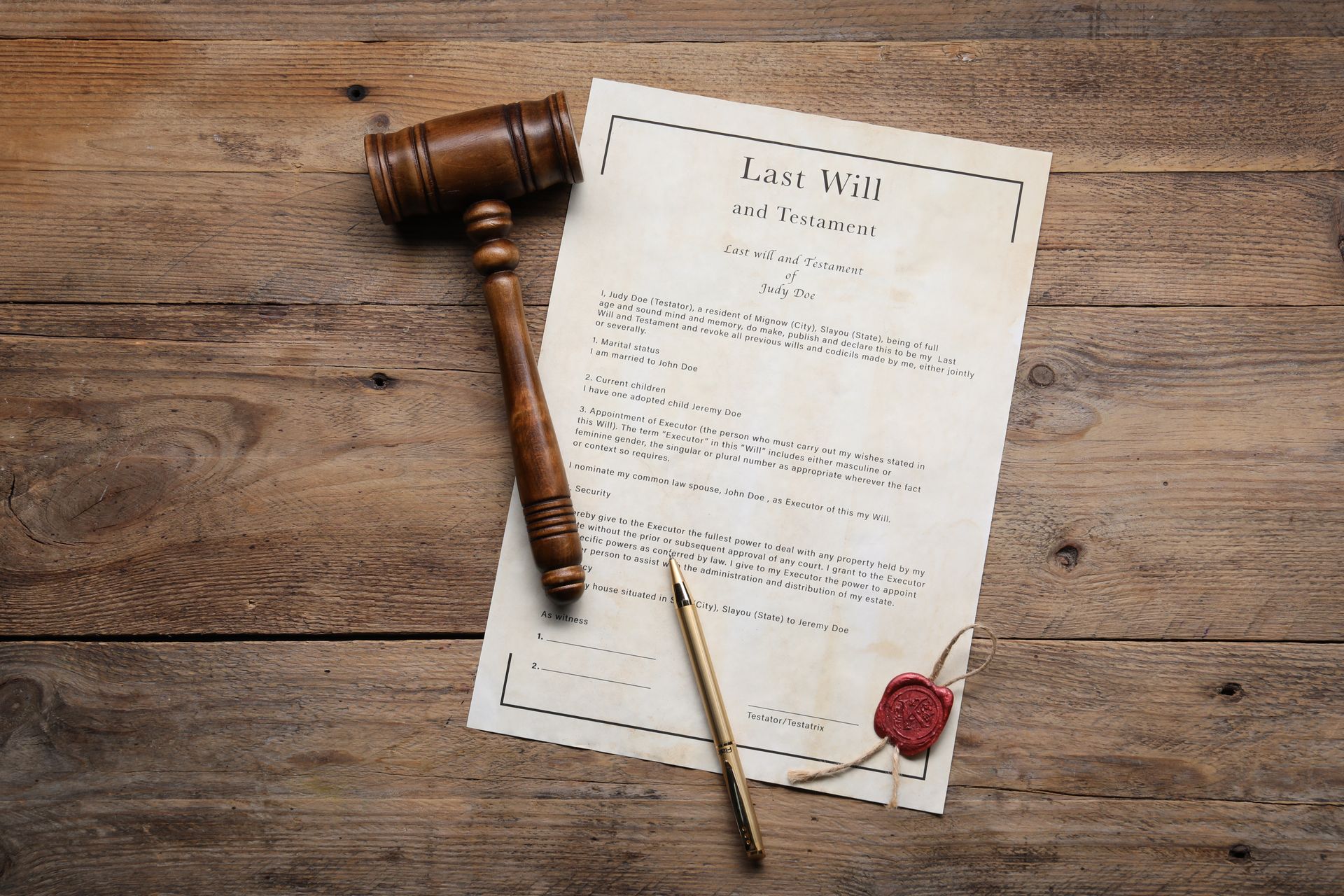What to Expect During a DUI Case in Pennsylvania
Facing a DUI charge in Pennsylvania can be overwhelming, especially if it’s your first time dealing with the criminal justice system. You may be unsure about your rights, the possible consequences, or how to defend yourself. The process can move quickly, and without the right legal guidance, it’s easy to make decisions that could impact your record, your license, and even your freedom.
This article is not legal advice. Each DUI case is different, and outcomes depend on specific facts, circumstances, and prior history. If you're dealing with a DUI in Allegheny County or surrounding areas, the attorneys at Gaydos Law are available to help you understand your situation and explore the best options for your defense.
Understanding DUI Laws in Pennsylvania
In Pennsylvania, you can be charged with driving under the influence if your blood alcohol content is at or above the legal limit, which is typically point zero eight percent. You can also face DUI charges if you're impaired by drugs, whether prescribed, over-the-counter, or illegal. Pennsylvania has a tiered system for DUI offenses, which considers your blood alcohol level and whether it's your first, second, or third offense.
These tiers affect the penalties you could face, including license suspension, fines, mandatory treatment programs, probation, or jail time. The state also has an implied consent law, which means that by driving on Pennsylvania roads, you’ve agreed to take a chemical test if an officer has reasonable grounds to believe you're under the influence. Refusing the test can lead to automatic license suspension and other penalties.
The DUI Arrest Process
Most DUI cases start with a traffic stop. This might happen because of erratic driving, a traffic violation, or at a sobriety checkpoint. Once stopped, the officer may ask you questions, request your license and registration, and look for signs of impairment such as slurred speech or the smell of alcohol.
If the officer suspects impairment, you might be asked to perform field sobriety tests. These are physical tasks meant to evaluate your balance, coordination, and ability to follow instructions. You may also be given a breathalyzer test on the spot or asked to submit to chemical testing at a medical facility or police station.
If you're arrested, you’ll be taken into custody, processed, and released either on bail or recognizance depending on the situation. From there, the legal process begins.
What Happens After the Arrest
After your arrest, you’ll receive a summons for a preliminary hearing. This is your first chance to appear before a judge, who will determine if there is enough evidence to move forward with the case. It’s also a critical opportunity for your attorney to review the charges and potentially challenge the evidence against you.
Next, you may be scheduled for a formal arraignment, where you will enter a plea. Depending on the facts of the case, your attorney may pursue a number of strategies at this stage, such as negotiating a plea deal, seeking admission to diversion programs, or preparing for trial.
It’s important to have representation throughout the process. DUI laws in Pennsylvania are complex, and prosecutors handle these cases aggressively. An experienced attorney knows how to analyze police reports, challenge improper procedures, and look for ways to minimize the impact on your life.
Potential Penalties for a DUI in Pennsylvania
Penalties vary depending on the severity of the offense and any prior DUI convictions. For first-time offenders with a lower blood alcohol level, the penalties might include probation, fines, and mandatory alcohol education. However, higher levels of impairment or repeat offenses can result in jail time, longer license suspensions, ignition interlock requirements, and higher fines.
In addition to criminal penalties, there are administrative consequences, such as license suspension through PennDOT. These are separate from the court system and can still occur even if you’re not convicted, especially if you refused chemical testing.
A DUI conviction can also affect employment, insurance rates, and your personal reputation. That’s why it’s critical to approach the case with a full understanding of what’s at stake and how to respond.
Options for First-Time Offenders
Pennsylvania offers an Accelerated Rehabilitative Disposition program, known as ARD, for some first-time DUI offenders. This program allows eligible individuals to avoid a criminal conviction by completing a period of supervision, community service, alcohol education classes, and other requirements.
If completed successfully, the charges may be dismissed and your record can eventually be expunged. Not everyone qualifies for ARD, and eligibility depends on factors like your blood alcohol content, whether there was an accident, and whether minors were involved. If you're interested in this program, speak with a DUI attorney who can evaluate your case and file the necessary requests.
Common DUI Defenses in Pennsylvania
Every case is different, but there are several defenses that can be explored depending on the circumstances. These may include:
- Challenging the validity of the traffic stop
- Questioning the accuracy of the breath or blood tests
- Investigating whether field sobriety tests were conducted properly
- Identifying procedural errors made by the arresting officer
- Arguing medical conditions that may have affected the test results
An attorney can review all the details of your case to determine what strategies are appropriate. The goal is to ensure that your rights were protected throughout the process and to fight for the best possible outcome.
Why Legal Representation Matters in DUI Cases
Even if you feel the case against you is strong, you shouldn’t go through the process alone. A DUI conviction can carry long-term consequences that affect many parts of your life. Having a knowledgeable attorney by your side helps you understand your rights, options, and the steps you need to take to protect yourself.
The team at Gaydos Law includes attorneys with experience on both sides of the courtroom, including former prosecutors who understand how these cases are built. Serving Allegheny County and the greater Pittsburgh area, they provide honest, informed legal support to help clients navigate DUI charges with clarity.
Take Action Early
One of the most important things you can do after a DUI arrest is to act quickly. Legal deadlines can come up fast, especially with PennDOT's license suspension procedures. The earlier you contact a DUI lawyer, the more time they have to build your defense, preserve evidence, and help you understand what to expect.
If you’ve been charged with DUI in Pennsylvania, don’t wait to get answers. Scheduling a consultation with a local attorney can give you the guidance you need to move forward with confidence.
This article is for general informational purposes only and is not legal advice. To discuss the specifics of your case, contact the DUI attorneys at Gaydos Law for a confidential consultation.














